What Wide Bay readers, election candidates say on criminal past laws
Revelations a Qld federal election candidate previously served jail time for fraud sparked intense debate on whether Australian laws are fit for purpose. Vote and have your say:
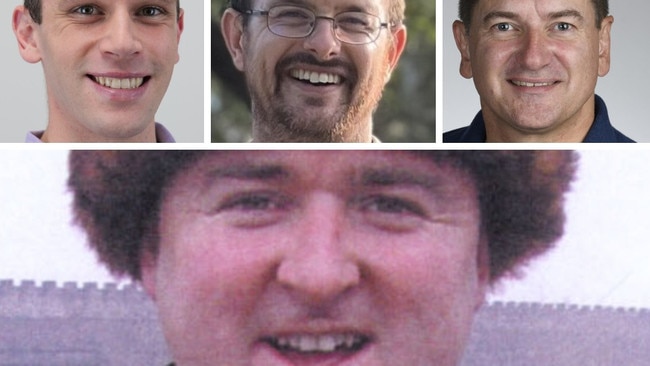
Gympie
Don't miss out on the headlines from Gympie. Followed categories will be added to My News.
Wide Bay federal candidates say it should be up to voters whether a criminal history should bar someone from running for election.
But voters themselves do not seem too keen on the idea.
Revelations this week Wide Bay Trumpet of Patriots candidate Gabrial Pennicott was once convicted and jailed for 23 fraud-related offences ignited debate on whether a criminal history should lead to automatic exclusion from public office, or if laws should change.
Under current Australian law, candidates are only barred if they have been convicted and are under a current sentence, or about to be sentenced.
Mr Pennicott, who was convicted by a jury in 2011, has served his sentence of four years and seven months jail which included a non-parole period of three years and three months.
Mr Pennicott did not shy away from questions about his history on Wednesday, saying he had paid his debt and asking voters to give him a second chance.
“If someone has served their time and turned their life around, should they not be allowed to participate fully in society, including public service?” Mr Pennicott said.
“If you believe in second chances, then hear me out — not just as a candidate, but as a man who has lived, fallen, and risen again.”
On Friday three of the his Wide Bay federal election competitors agreed it was a matter for voters to decide.
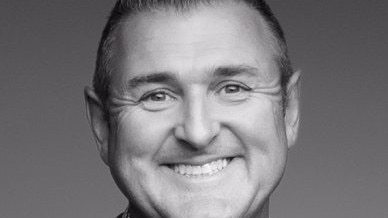
Incumbent Wide Bay LNP MP Llew O’Brien said in politics, the final say fell at the feet of voters.
“If you qualify, you qualify and it’s up to the people of Wide Bay to make a choice based on whatever quality, or lack thereof, they wish,” Mr O’Brien said.
“No-one is perfect and the media do a pretty good job of finding out and deciding what is in the public interest and what isn’t.”
Independent Casey Iddon said he believed in second chances.
“If a person has served their sentence and met their obligations under the law, then they have every right to stand for office,” Mr Iddon said.
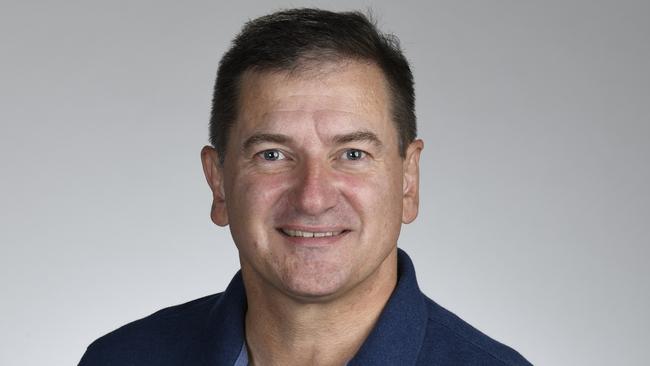
“That’s a core principle of our democracy: we are not defined forever by the worst chapter of our lives.
“I don’t want to live in a country where a mistake made years ago becomes a life sentence.”
He said the bigger issue may be the party Mr Pennicott represented, Trumpet of Patriots, which was thrust into the spotlight in February when controversial billionaire businessman Clive Palmer joined.
“We’re seeing more and more campaigns mimic the (United States President Donald) Trump model — riding outrage, attacking institutions, and abandoning serious policy,” Mr Iddon said.
“That might stir emotion, but it erodes the foundations of good government.
“I don’t want to tear down those foundations — I want to restore them.”
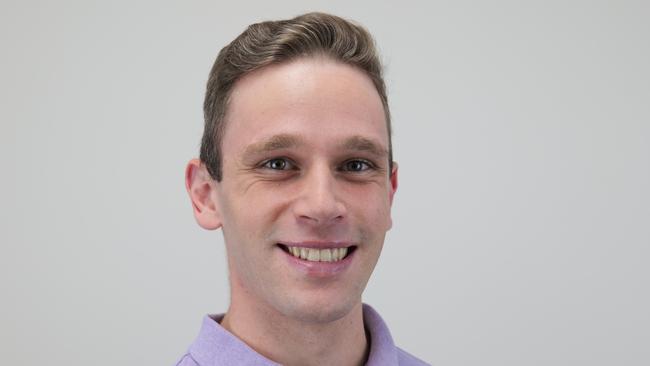
Labor’s Elliott Chalmers said candidates had to follow the “laws of the day”.
“Ultimately, it’s for the voters of Wide Bay to pass judgment on the candidates at the ballot box.,” Mr Chalmers said.
The Greens’ Emma Buhse said she was in favour of second chances “to show they’ve changed their behaviour”, but some crimes were more serious than others and “it’s probably best not to have been in the clinker”.
“I wouldn’t be comfortable myself with voting for someone in that situation,” Ms Buhse said.
“But obviously it is currently allowed and it’s up to voters to be informed and make the call as to who they want representing them.”
Family First’s Kirsti Kenningale, and One Nation’s Chad Burgess did not respond to request for comment by deadline.
Readers were less forgiving.
Facebook user Carmel McMullen said she thought it “most definitely” should bar someone from nominating.
“As well as being good, decent humans they should have a proven track record of being able to successfully run a private business,” Ms McMullen said.
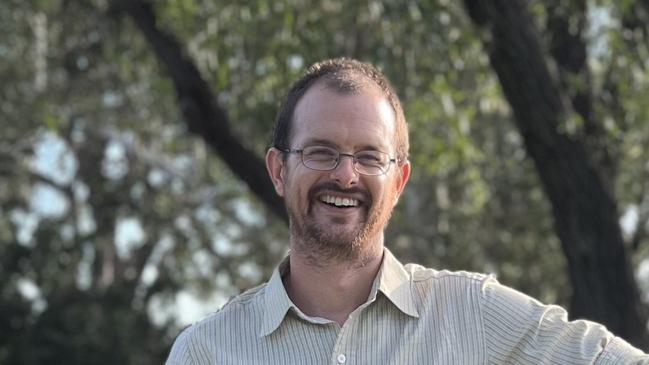
Mark Bowman said transparency and letting the people decide was the solution.
“It has to be a consistent ruling so where do you draw the line?,” Mr Bowman said.
“Should they be disqualified if they were jailed for DUI?
“What about political prisoners or activists like Nelson Mandela?
“What about a person protesting against the mandates and similar?
“It is a murky ruling so maybe the best way forward is to ensure that the person’s record is open to public view, and let common sense prevail.”
Several readers were unaware of the laws around previous criminal convictions and running for public office.
Gadj Strebor said Mr Pennicott’s case was an example of the “only” exception he would allow.
“Repeat offenders absolutely barred,” Mr Strebor said.





